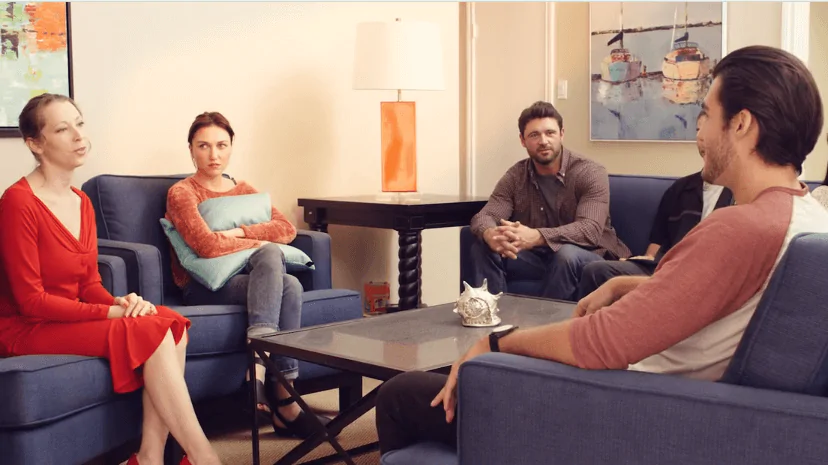24/7 Helpline:
(866) 899-111424/7 Helpline:
(866) 899-1114
Learn more about PTSD Rehab centers in Kootenai County

Other Insurance Options

Horizon Healthcare Service

Magellan Health

Health Choice

Optum

Humana

GEHA

UnitedHealth Group

Cigna

BlueCross

WellPoint

Meritain

Highmark

Premera

BHS | Behavioral Health Systems

State Farm

Carleon

Coventry Health Care

Aetna

Evernorth

CareSource




Rathdrum Counseling Center
Rathdrum Counseling Center is a private rehab located in Rathdrum, Idaho. Rathdrum Counseling Center...

Aces Community Services
Aces Community Services is a private rehab located in Post Falls, Idaho. Aces Community Services spe...








































































































































